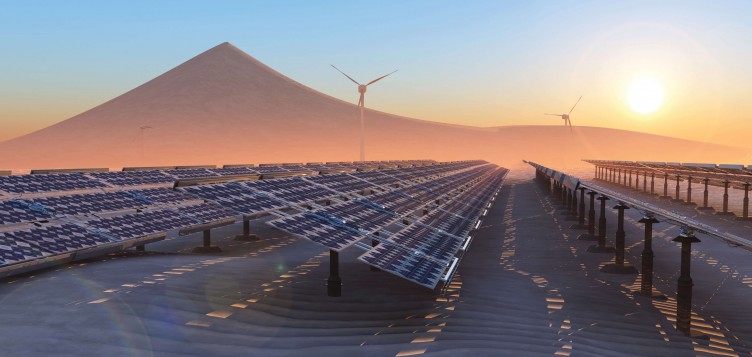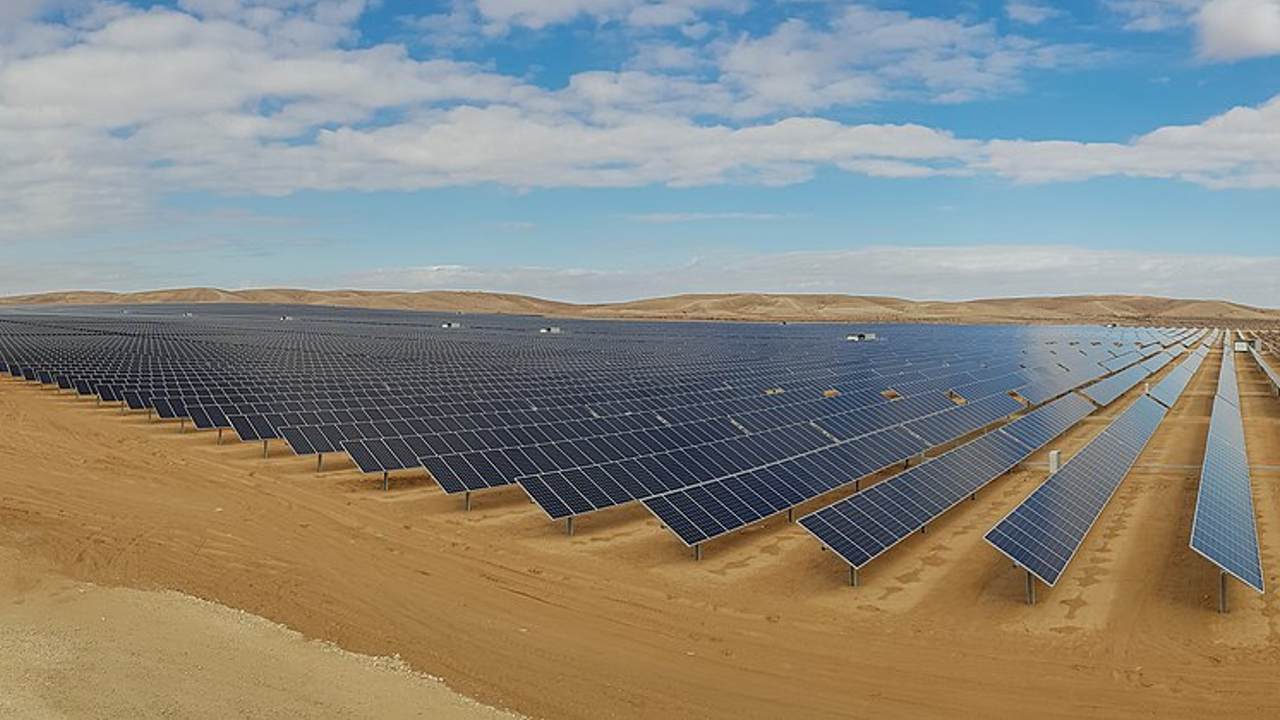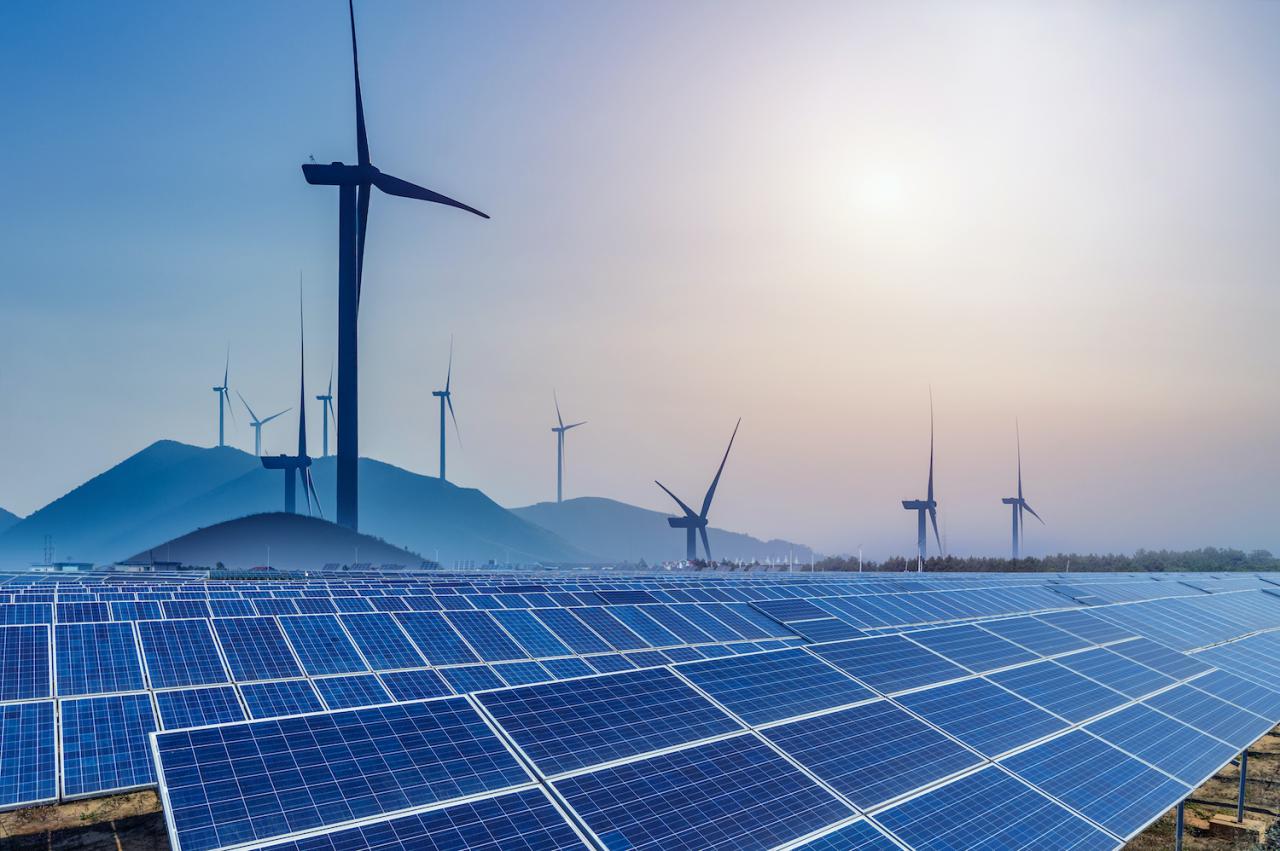Middle Eastern governments are ramping up their green ambitions ahead of the COP27 Climate Summit but showing few signs of dominance in fossil fuel exports.
World green attention is leaning towards the Middle East as Egypt and the United Arab Emirates (UAE) prepare to host the next two major world summits on climate change. The Egyptian resort of Sharm El-Sheikh will host the next United Nations Climate Change Conference (COP27), which begins on November 6, and UAE oil giant Abu Dhabi will host COP28 on year 2023.
According to a report published by the United Nations on climate change this week, Egypt and the UAE are among 26 countries that have updated their climate targets in line with promises made last year at COP26. in Glasgow, UK. Egypt is promising further cuts in greenhouse gas emissions from the electricity, shipping and oil and gas sectors, although this has only been compared with previous forecast levels and commitment depends on receiving support. international finance. The UAE is committed to cutting greenhouse gas emissions by 31% by 2030, from a business-as-usual level, exceeding the previous cut of 23.5%.

The United Nations report says commitments made by countries over the past year to reduce emissions are expected to rise to 10.6% from 2010 levels by 2030, compared with a forecast of 13.7% in one year. same analysis last year. But they still lack what the world needs to limit warming to 1.5°C by the end of the century. Sameh Shoukry, Egyptian Minister of Foreign Affairs and President of COP27, called the findings alarming and said they deserved a transformative response at COP27.
The next two police summits will mark an “important moment” for the Middle East, said Carlos Duarte, a marine ecologist at King Abdullah University of Science and Technology, near Jeddah, Saudi Saudi Arabia said. It is a significant change from the past. In the 1990s, Saudi Arabia consistently blocked action on climate change, while other oil-rich nations, including the United States, tried to stop it, said Michael Oppenheimer, a principal investigator books on geology and climate at Princeton University, New Jersey. Ben Santer, an atmospheric scientist at Lawrence Livermore’s Second IPCS Laboratory in Livingmore Reporting in 1995, confirmed that human activities are warming the planet.

In contrast, the past decade has seen the region embrace renewable and environmentally focused technologies. Today, Saudi Arabia and other major oil-producing nations are not fighting the realities of science, Oppenheimer said. For countries that rely on oil revenue, the move is an attempt to diversify their economies in the face of future reduced demand, as well as use renewable energy to power their populations. domestic while saving fossil fuels for export, says Mia Moisio, A.A. Climate policy researcher at the New Climate Institute think Tank in Berlin. The vulnerability of climate change is another driver, she added. Regions are seeing these extreme heat waves. That’s perhaps also a bit of a warning.
The UAE’s environmental credentials, including being home to the International Renewable Energy Agency (IRENA), were inaugurated in 2015 in Masdar, Abu Dhabi’s flagship effort to create a sustainable city. steady. Last September, Razan Al Mubarak, executive director of the Abu Dhabi Environmental Authority, was elected president of the High International Conservation Alliance, based in Gland, Switzerland. In October, the UAE became the first Arab country to commit to reaching domestic emissions by 2050.

Efforts are also being picked up in other Middle Eastern countries. Saudi Arabia, the world’s largest oil exporter, and neighbor Bahrain have set Net-Zero targets for 2060. Gas-rich Qatar, meanwhile, has announced plans to cut output by 25% emissions by 2030 and created its first climate change ministry. Both Israel and Türkiye have announced goals to achieve zero by the mid-2050s.
More broadly, the Middle East Green initiative, led by Saudi Arabia last year, has announced a goal to reduce carbon emissions from the oil and gas sector by 60%, although no deadline has been set. The industry is one of the world’s largest sources of methane. For the first time, we see so many countries that have been, or are still heavily dependent on, their hydrocarbon sectors, making zero commitments. their posterity.



